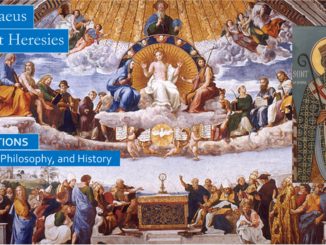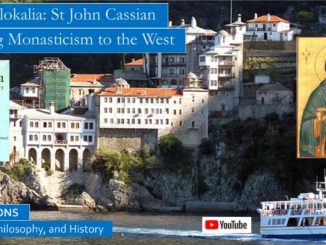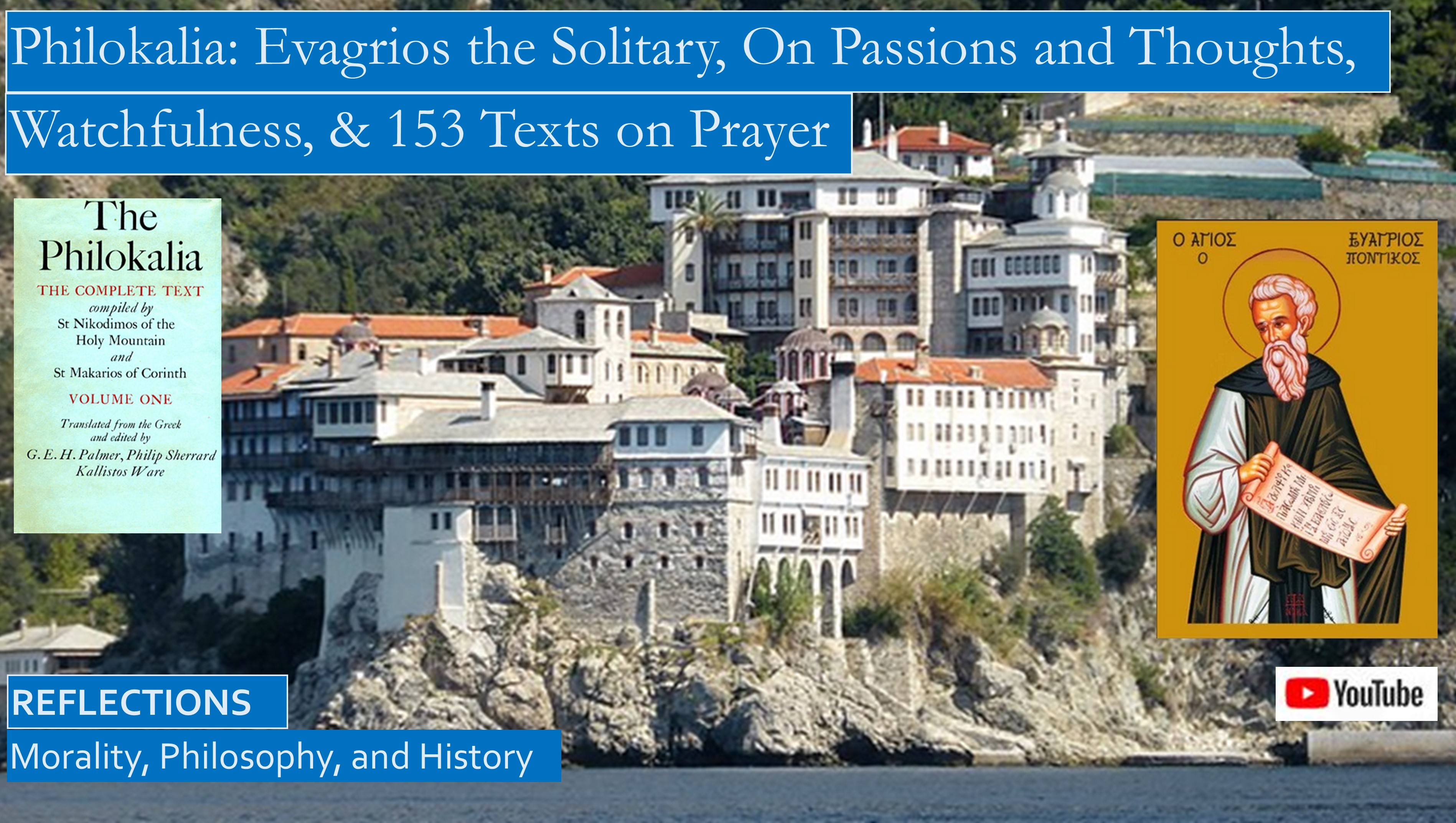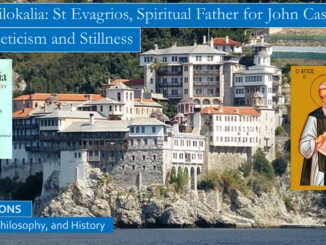
St Irenaeus Blog 2 On Heresies
St Irenaeus elegantly summarizes his refutation of Gnosticism, “If Christ was not born, neither did He die. If Christ did not die, neither did He rise from the dead. If He did not rise from the dead, He did not conquer death and abolish its reign. If Christ did not conquer death, how are we to ascend to the light, we who from the beginning have been subject to death? Those who rob man of redemption do not believe that God will raise man from the dead.” […]




